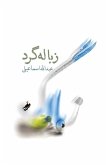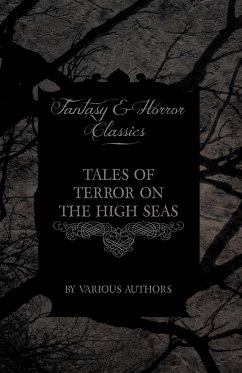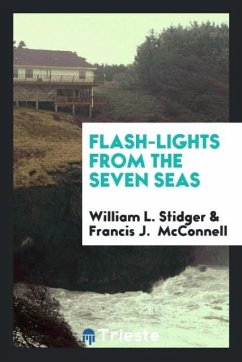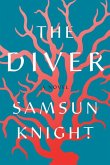Highly praised by leading critics on its first publication, this collection of some of Fred Urquhart's most subtle and skilful stories depicts the lives of a variety of Scottish characters, at home and abroad. He deals with social class and inter-generational conflict, aspirations and disasters, the passing of time and memories of the past. Urquhart displays his profound understanding of the dreams and behaviour of his predominantly female characters, whether it be an admirer of a great Scottish novelist, trying to discover the truth about her heroine, or a young woman encountering the horror of the Peninsular War; a middle-aged entertainer reminiscing while searching for her reprobate daughter in Paris or a woman fated to wander back and forth across the Atlantic. Comedy and tragedy intermingle in these stories, and throughout Urquhart displays his remarkable ability to make his creations speak in a totally convincing way.
Hinweis: Dieser Artikel kann nur an eine deutsche Lieferadresse ausgeliefert werden.
Hinweis: Dieser Artikel kann nur an eine deutsche Lieferadresse ausgeliefert werden.








